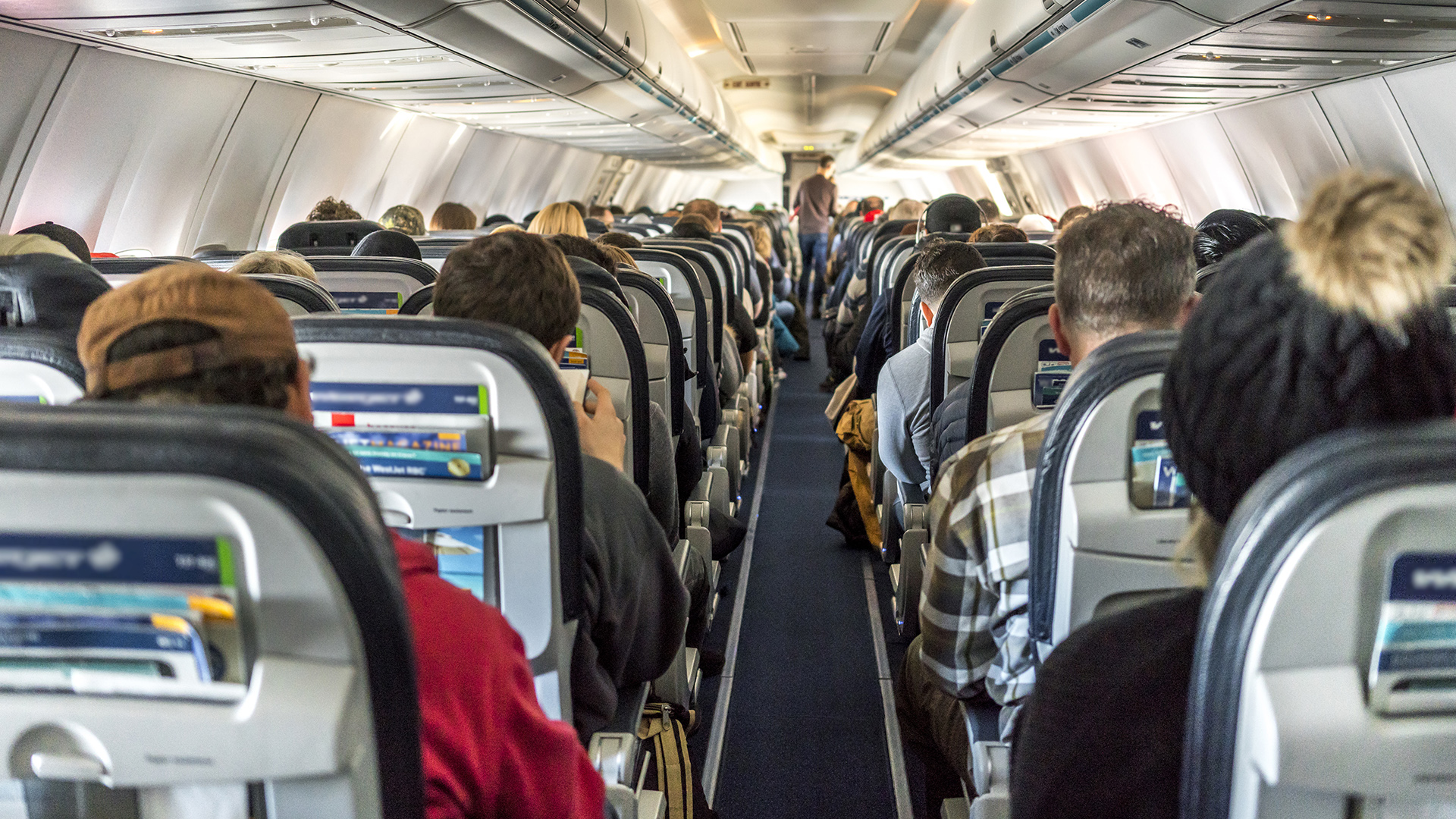
Publication
Insurance regulation in Asia Pacific
Ten things to know about insurance regulation in 19 countries.


Author:
Australia | Update | marzo 2020
Australia, like many countries, continues to closely monitor the evolving coronavirus situation, caused by the outbreak of a novel coronavirus first reported in Wuhan, Hubei Province, China.
As discussed in our previous edition of Our Shout, the coronavirus situation is causing particular concern and hardship in Australia’s tourism and hospitality industry. As the number of cases and affected countries continues to increase, it is not only the inbound Chinese tourism market that has been impacted, but also an increasing number of other international tourism markets and Australia’s domestic market. There is also the potential for tourism and hospitality operators and their workers to come into close contact with a broad cross-section of the public, including international travellers.
Our previous edition provided a snapshot of the types of issues business owners should consider to minimise the impact of the coronavirus outbreak on their businesses. This edition focuses specifically on the employment and WHS issues that impact on business as a consequence of the coronavirus.
Businesses have legal obligations to ensure the health and safety of their workers (including employees and contractors), and also to ensure that the health and safety of the broader public is not put at risk from the conduct of their business. This includes managing the risk of exposure to and spread of the illness.
In addition, health risks like the coronavirus need to be carefully and sensitively managed, as they can give rise to a risk of claims of discrimination and unfair treatment. Other employment-related claims are also possible if businesses seek to manage their workforce in response to a downturn.
There are a number of precautions that businesses should ensure they are taking, to meet these obligations and manage the risks.
While there is lot of information circulating about the coronavirus situation, businesses should be acting on up to date and reliable information from a reputable source, and keeping their workers, clients and customers informed on a continual basis.
The Federal Department of Health is issuing regular updates to a health alert with the latest medical advice and reports regarding the novel coronavirus.
The Department has also issued fact sheets with general key information and isolation guidance, and specific information sheets for employers, hotel management and staff, hotel guests, and the cruise industry.
The World Health Organisation has issued a guide in relation to preventing the spread of coronavirus in the workplace.
Businesses will need to consider on an ongoing basis whether any of their workers, clients or customers are at risk of having contracted the illness, and take appropriate precautions.
The Department advises that the people most at risk of contracting the illness are those who have recently returned from a country or region that is considered to be high risk for coronavirus, and people who have been in close contact with someone who has a confirmed case of coronavirus.
The current list of countries and regions that are considered high risk is available on the Department’s website and, at the time of writing, includes mainland China, Iran, Italy and the Republic of Korea.
The Department advises a self-isolation period of 14 days if a person has:
There are also a number of countries which are considered moderate risk. The Department advises recent travellers to those countries to monitor their health for 14 days, and if they develop a cough or fever, to urgently seek medical advice and self-isolate.
Businesses will need to have in place procedures for workers, clients and customers to report if they fall within any of these categories, and arrangements for self-isolation where necessary. In the case of workers, a business may need to consider whether work can be performed from home, and if not, what leave arrangements are appropriate for employees. In the case of clients and customers needing to self-isolate in hotels, the Department’s information sheets include some guidance around the precautions that can be taken.
If a business’ activities include international travel, it needs to consider the risk arising from those travel plans, in line with current travel advice, and take appropriate precautions (including potentially deferring travel). At the time of writing, the Australian government advises against any travel to China or Iran. The level of advice has also been raised for Italy, Japan, the Republic of Korea and Mongolia.
Infection control and hygiene policies and practices should also be reviewed and updated where necessary to minimise the risk of exposure to and spread of the illness. The Department of Health advises that the coronavirus is most likely to spread person-to-person through:
Therefore, in addition to having self-isolation arrangements where necessary, workers, clients and customers should be encouraged to follow the Department of Health recommendations on good hand and sneeze/cough hygiene. Businesses should also consider making additional hand washing/sanitizing stations available, and ensure that surfaces that are frequently touched (such as door handles, light switches, and kitchen and bathroom areas) are regularly cleaned and disinfected.
Businesses that do not take steps to manage the risk of exposure to and spread of the illness may breach their WHS obligations, and potentially be subject to enforcement action. The national body for WHS policy, Safe Work Australia, has issued a fact sheet with advice for duty holders on managing the risks arising from the coronavirus. One of the various state and territory regulators, SafeWork NSW, has reportedly issued a WHS improvement notice to at least one large organisation for an allegedly inadequate system of cleaning that was said to expose workers and others to a risk of illnesses like coronavirus.
There are legal protections against discrimination or adverse action based on race, national origin or disability (which can include disease or illness).
Therefore, businesses should ensure they act fairly and on the basis of reliable and current medical information. Similarly, businesses should not permit or encourage their workers to target or treat differently any particular demographic.
Precautions taken to manage the coronavirus situation should be reasonable and proportionate, and it is good practice where possible to document those precautions and the reasons for them. For some businesses, this may form part of a broader document management response to the coronavirus. Businesses that are experiencing broader operational issues due to the evolving coronavirus situation may need to make a high volume of decisions, possibly in urgent circumstances and involving a number of different stakeholders. Ensuring that decision making rationales and supporting information and evidence are captured will be an important part of managing future legal liabilities.
Tourism and hospitality businesses may be doing it tough and looking for options to manage their workforce in the short-term. Options may include:
If you require advice on dealing with the coronavirus situation and its impact, please contact us.

Publication
Ten things to know about insurance regulation in 19 countries.

Publication
In King Crude Carriers SA & Ors v Ridgebury November LLC & Ors [2024] EWCA Civ 719 the Court of Appeal held that the claimant sellers (the Sellers) were entitled to claim the deposits promised under sale contracts as a debt despite the defendant buyers’ (the Buyers) breach of contract, which had resulted in the non-fulfilment of a condition precedent to the payment of the deposits.

Publication
As previously observed, conflicts occasionally arise between mortgagees and charterers where a mortgagee wishes to take prompt action to enforce its rights, but the charterer wishes such enforcement action to be deferred until the end of the charter.
Subscribe and stay up to date with the latest legal news, information and events . . .
© Norton Rose Fulbright LLP 2025